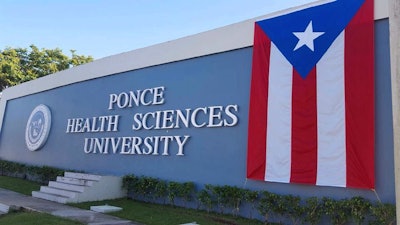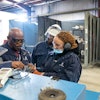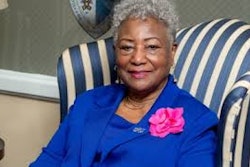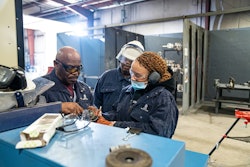 Dr. David Lenihan
Dr. David Lenihan
The conditional authorization by Liaison Committee on Medical Education, the accrediting agency for U.S. medical schools, is dependent on the institution’s ability to provide resources and accommodate the growth in enrollment, according to officials.
PHSU leaders are now in the midst of development plans for the construction of a new $80 million campus and medical research facility they say will further the university’s mission to address the clinician shortage in Puerto Rico and the Spanish-speaking clinician shortage in the U.S.
“Puerto Rico supplies almost 40 percent of the bicultural physicians that enter the U.S. market,” said Dr. David Lenihan, PHSU’s president and CEO and the CEO of Tiber Health, “and by us having the ability now to increase our class size, we can improve two things: the number of physicians that will remain on the island in Puerto Rico – so we improve the health of Puerto Rico – and two, some of those physicians will go off island up into North America.”
Lenihan noted that training and preparing doctors equipped with cultural agility is “extremely important” to the entire U.S. health care system. With the majority of PHSU students coming from underrepresented communities and families from lower socioeconomic backgrounds, these healthcare practitioners will be the ones that largely go into primary care specialties, he said. 
“Those are the specialties that we need in America. We have enough cardiothoracic surgeons and neurosurgeons,” Lenihan urged. “If we want to help keep costs down, improve patient outcomes and really develop the need in these culturally divergent areas, we need to really focus on the cultural aspect of how we deliver health care.”














